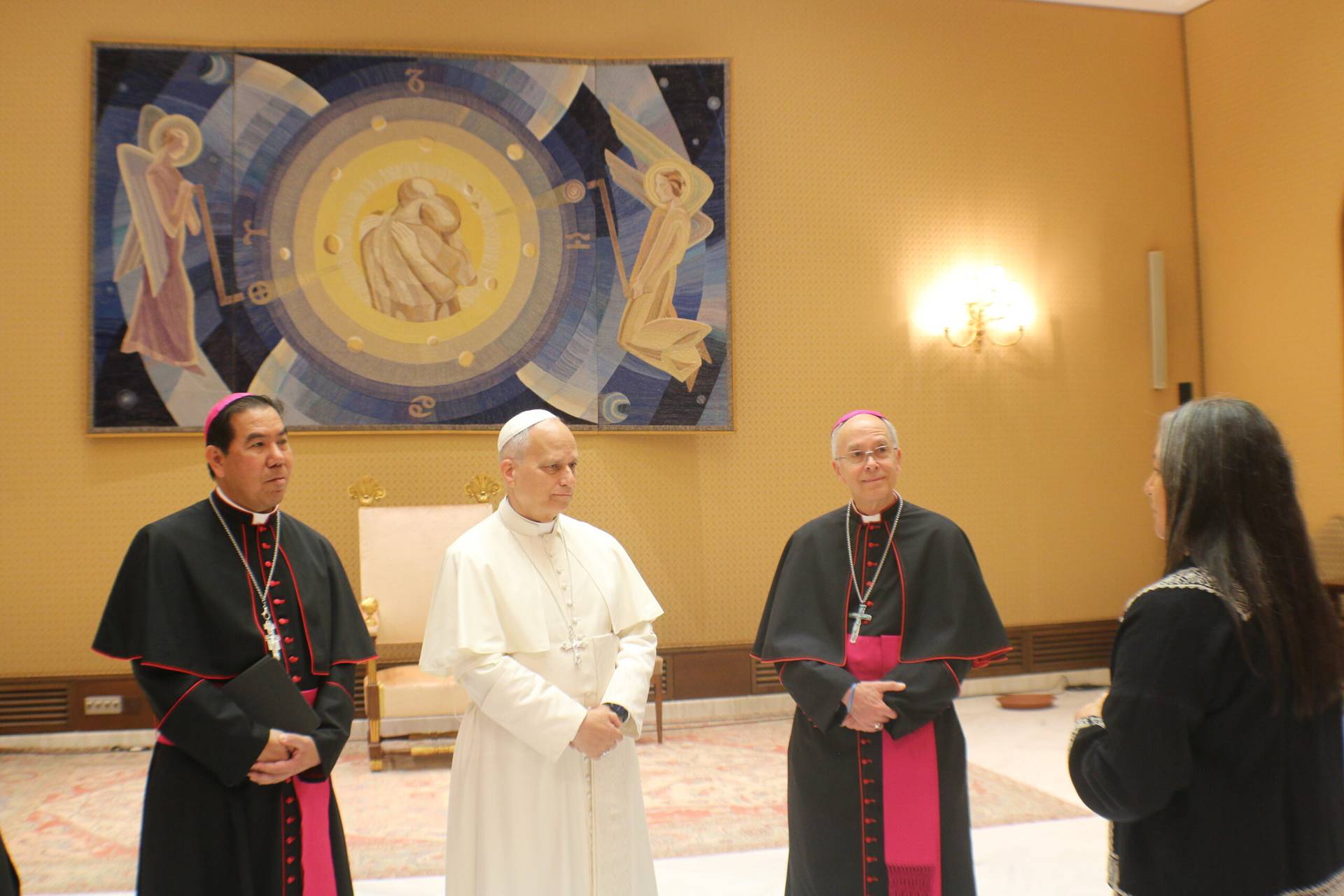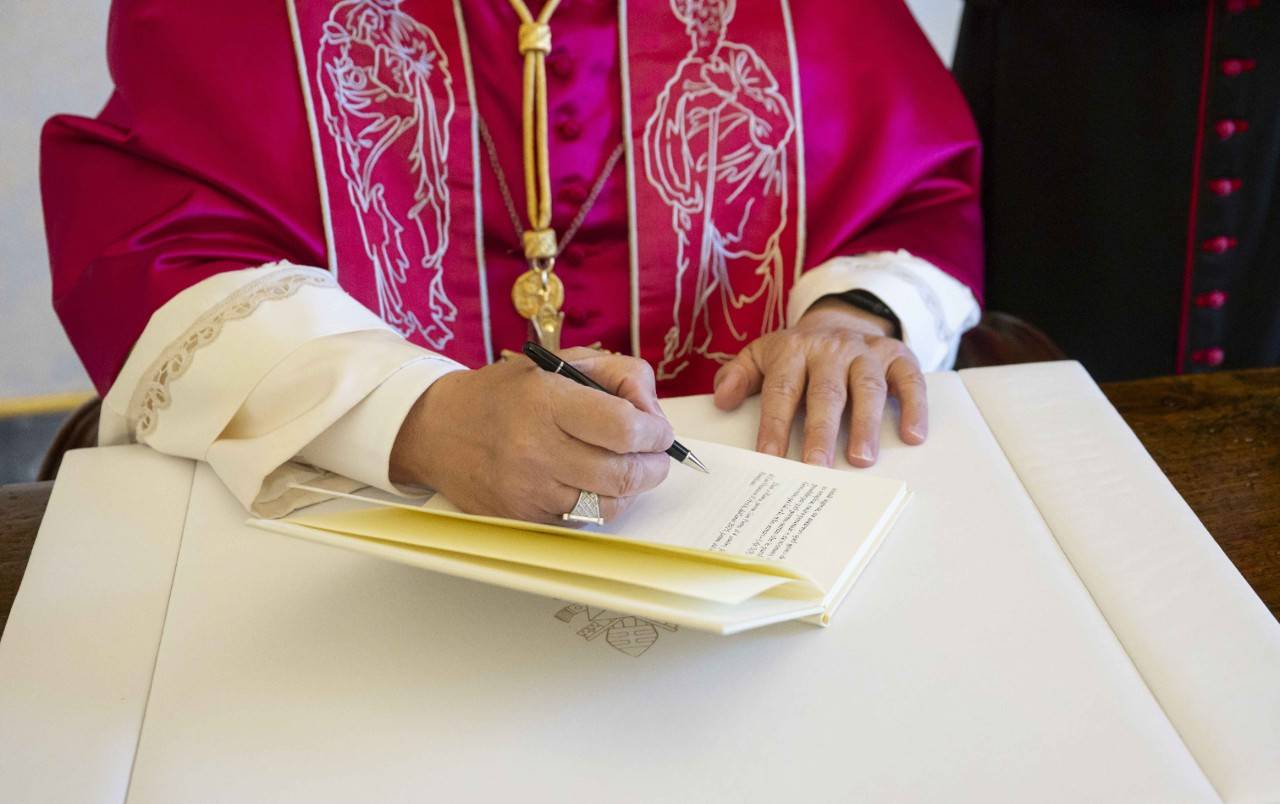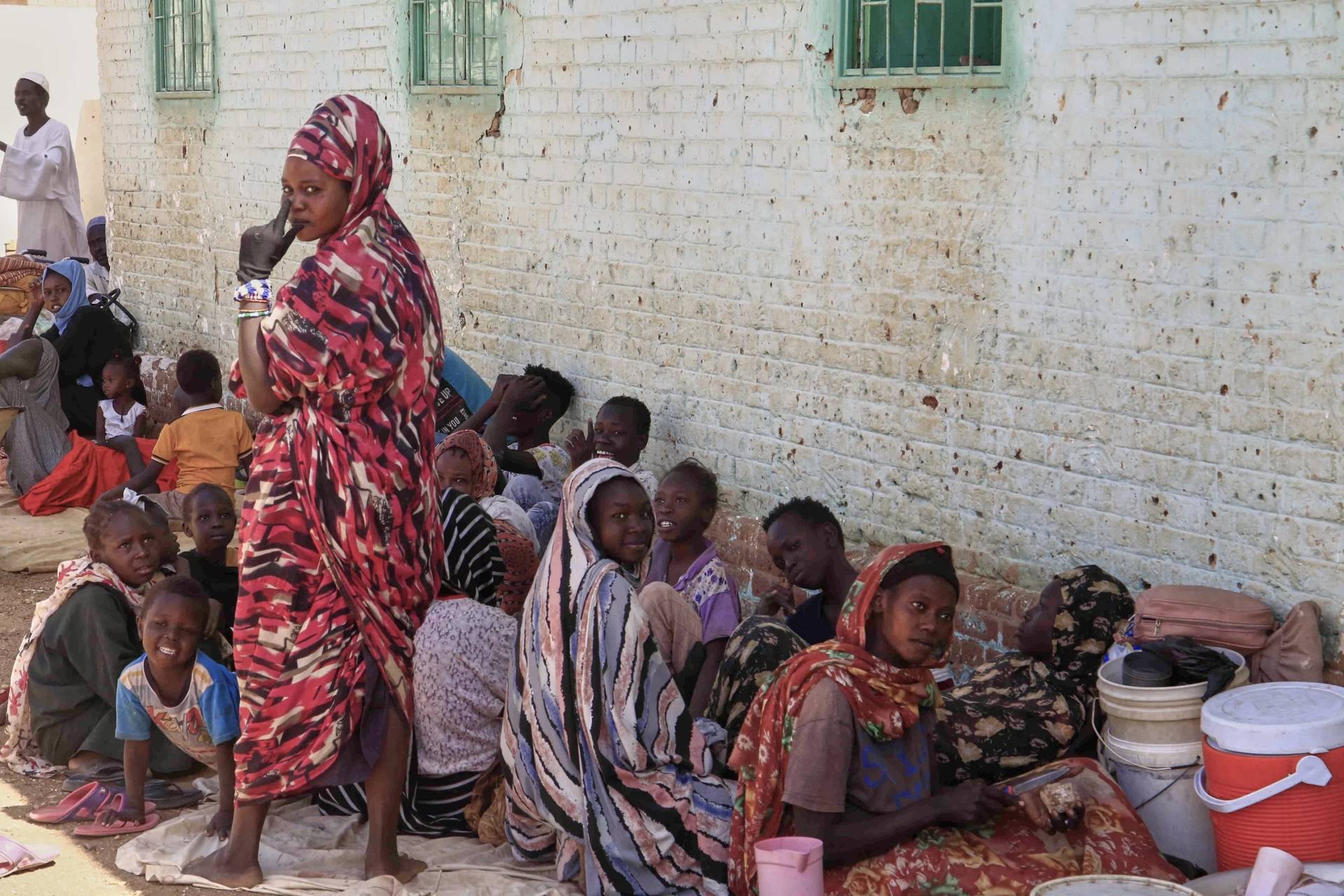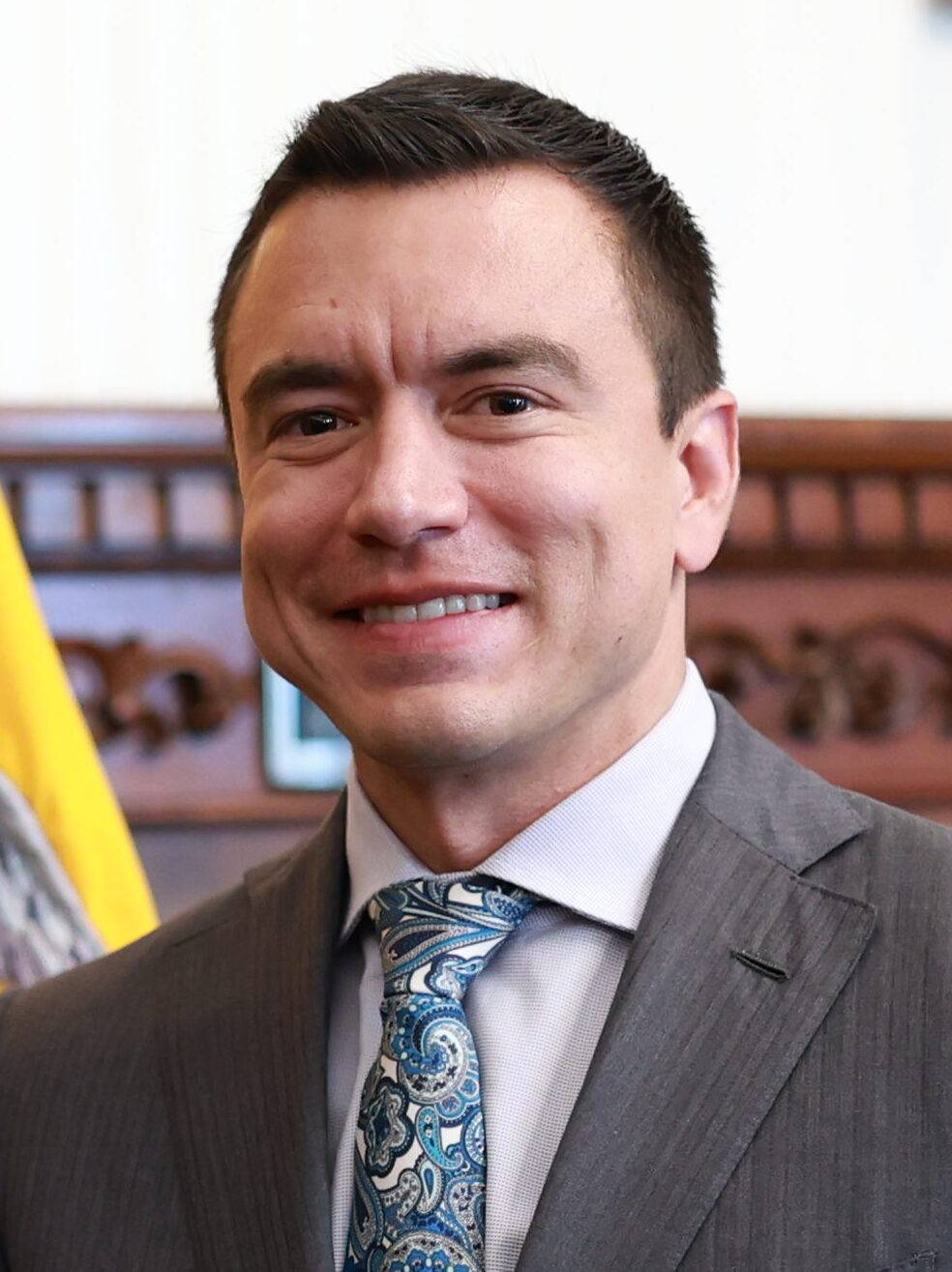SÃO PAULO – Brazilian Catholics concluded a week of pro-life activities this week, many of them opposing what organizers, legislators, and activists see as efforts to short-circuit the political process in order to expand access to abortion.
One such effort is a controversial policy resolution published late last year that gave minor victims of sexual abuse the final say over pregnancies resulting from rape.
Pro-life activists say the resolution is part of efforts to do an end run around the legislature, where a majority of lawmakers – reflecting the stance of an overwhelming majority of citizens – are pro-life.
Celebrated between Oct. 1st and 8 in Brazil, the Week of Life and of the Unborn Child promotes awareness of the sacredness of life from the mother’s womb to natural death.
This year, the Week of Life focused on a major national dispute over a resolution published at the end of 2024 by the National Council for the Rights of Children and Adolescents (CONANDA), the major organ in the country in charge of formulating policies for children and teenagers.
Resolution 258 of 2024 established guidelines for the attention that must be given to minors who have suffered sexual abuse. The norm defines that an underage girl who was raped has the final word when it comes to deciding if she wants to have an abortion. Her parents or legal guardians can be heard, but they don’t have the power to impede the abortion to happen if that’s the girl’s wish.
At the time the measure was introduced, members of the government that are part of CONANDA tried to postpone its approval. The group of council members who defended that procedure managed to obtain in court its publication. It has been valid since then, despite the attempts of Christian congressmen to invalidate it.
That’s the case with Congresswoman Simone Marquetto. A member of the Catholic bloc, she has authored a bill to invalidate CONANDA’s norm.
On the Solemnity of the Annunciation – March 25, marked in Brazil and many places around the world as the Day of the Unborn Child – Marquetto made a speech in Congress in which she asked the President of the Chamber of Deputies, Hugo Motta, to include the bill in the house’s agenda with urgency, so lawmakers could rapidly vote on it.
“That resolution extrapolates CONANDA’s attributions. The council was created to help the youth, but now it’s incentivizing violence against girls. Abortion cannot be offered as an answer in cases of sexual violence,” Marquetto told Crux. “It’s widely known that abortion doesn’t eliminate any problem,” she added, “on the contrary, it can generate more trauma.”
Marquetto’s legal and procedural argument is that, with the resolution, CONANDA is actually legislating “while the parliament didn’t decide to follow such a path.”
“We must take away from them that prerogative,” Marquetto said.
Over the past months, every week she and other Catholic – and Christian – legislators have been putting pressure on Motta for the inclusion of that topic in the agenda.
Their idea is to transform it into an urgent requirement, so the bill doesn’t need to be analyzed by house commissions and can be expressly directed to be voted.
Marquetto said the resolution’s publication has spurred many members of the Catholic and of the Evangelical blocs to action, but there is a more ambivalent attitude in the Chamber of Deputies as a whole.
“It’s shocking to see that the majority of the Chamber of Deputies declares to be pro-life and against abortion. But when we go out counting votes, we realize that not necessarily we already have enough congressmembers to finally bury that CONANDA resolution,” Marquetto said, calling on her colleagues to “vote with courage, faith, and love for life.”
“We are willing to work with public policies against violence on women and on girls. Abortion doesn’t solve this reality,” she said.
On the streets, many Catholic groups have been demonstrating and campaigning against the 2024 CONANDA resolution. That’s the case of the Plinio Correa de Oliveira Institute (IPCO), which led a march on Oct. 4 in Avenida Paulista, a busy avenue in São Paulo.
“We gathered at least 300 people, all of them mobilized to avoid the expansion of cases of abortion in Brazil,” Frederico Viotti, an IPCO spokesperson, told Crux.
In Brazil, abortion is only legal nowadays in case of rape, in case of serious malformation, or if pregnancy puts the mother’s life in danger.
A recent survey showed that 75 percent of Brazilians are against abortion.
“Although most of the Congress is against expanding legal abortion, the Brazilian judiciary has been trying to amplify it by approving new interpretations of the law and creating exceptional cases,” Viotti said.
He celebrated the fact that more and more Brazilians have been actively demonstrating against the potential liberation of abortion.
There was another demonstration the week before. “All over Brazil,” he said, “people have been mobilizing against abortion.”














